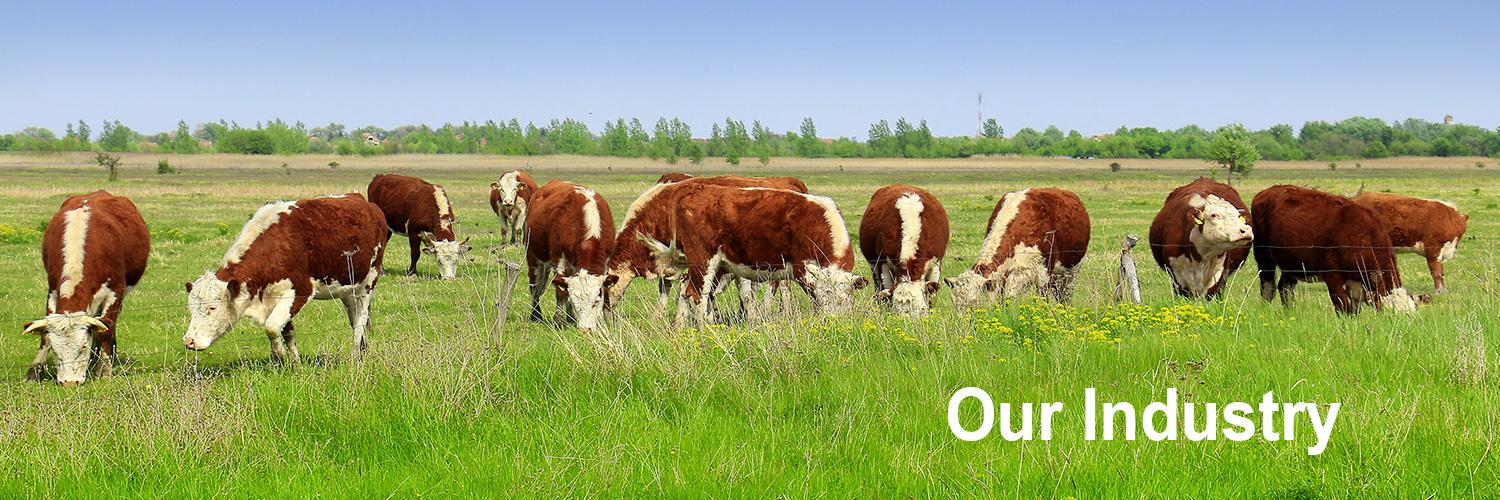Organic certification
If it is not Certified Organic, you can’t be sure it is organic.
Formal organic certification of organic products is the producer’s guarantee to consumers that along the entire supply chain, a Certified Organic product has been produced in line with the strict national and industry Organic and Biodynamic Standards.
In Australia, the term ‘organic’ is not regulated as it is in the United States, Japan and China. It is legal to produce a product and call it ‘organic’ without providing the consumer with any proof that it is actually organic.
What makes a product Certified Organic?
If a product claims to be ‘certified organic’ the owner and the seller of that product must be able to prove the validity of the certification.
If the vendor is claiming it to be certified, and a consumer questions the validity of the certification, the vendor must by law (administered by the Australian Consumer and Competition Commission) be able to show the certificate of registration that confirms the product’s integrity. Otherwise, the term ‘organic’ can be used on a product anywhere, anytime, largely without any legal consequences.
The term ‘certified organic’ can only be used on a product when the producer, processor and in some cases, the vendor, are certified by an independent third party certifier.
Labelling
Product labelling is what differentiates certified organic consumer products. All certified organic products are traceable back to the producer or processor.
The operator’s certification number, written in conjunction with the certified organic label within the product label, can be looked up on the website of the certifying organisation.
Look for these certifier labels.
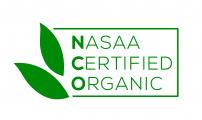
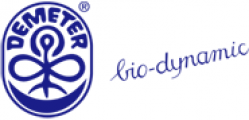
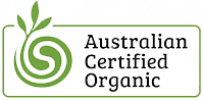

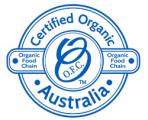
Export regulation
Unlike domestic regulation, the export of organic products is strictly regulated by the Australian Department of Agriculture to ensure that goods:
- comply with export laws
- meet importing country requirements
You can find out more in the Department's overview of the exports regulation system.
Australia’s organic export standard is internationally recognised and widely accepted. Australia has government-to-government (equivalence) arrangements with various countries, including the European Union, Japan and Taiwan.
In addition to the department’s audit and approval, approved certifying bodies are third-party accredited: some approved certifying bodies are also accredited by IOAS (International Organic Accreditation Service) using certification standard ISO/IEC 17065 to assess against Australia’s export organic standard. Some approved certification bodies also hold IFOAM accreditation. IFOAM is a global organic organisation working towards international requirements for organic standards.
Principles of organic agriculture
The Principles of Health, Ecology, Fairness and Care (IFOAM) are the roots from which organic agriculture grows and develops.
They express the contribution that organic agriculture can make to the world, and a vision to improve all agriculture in a global context.
